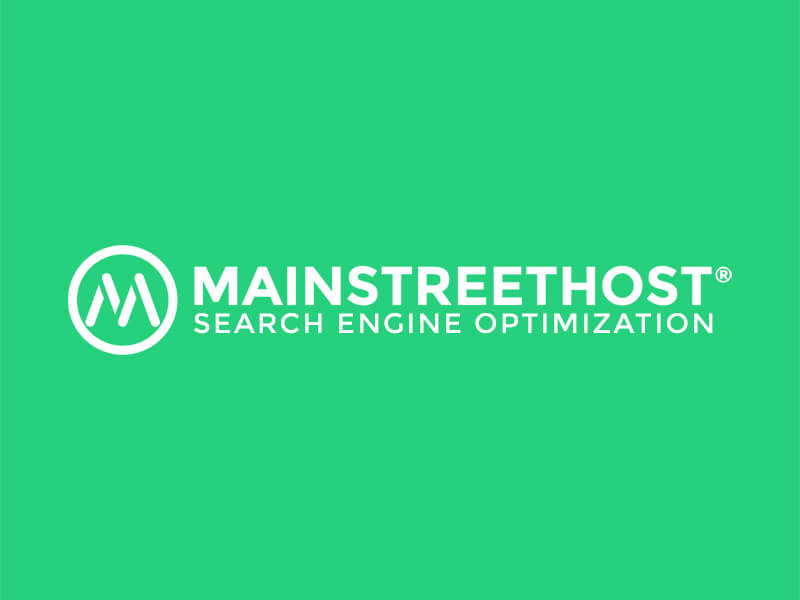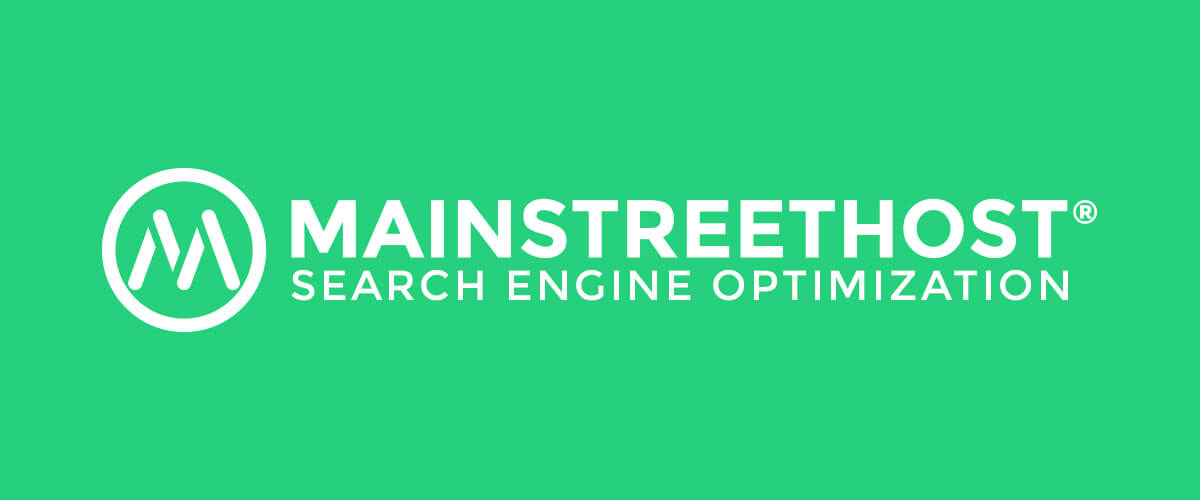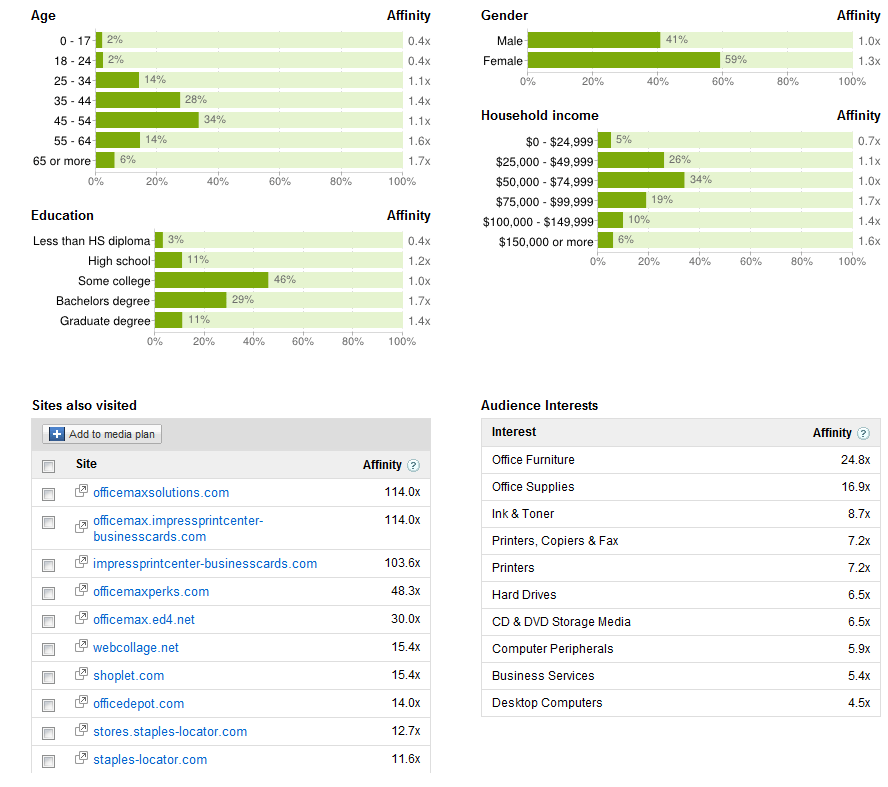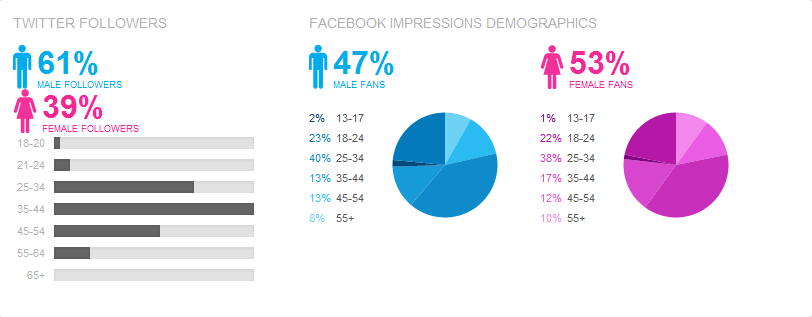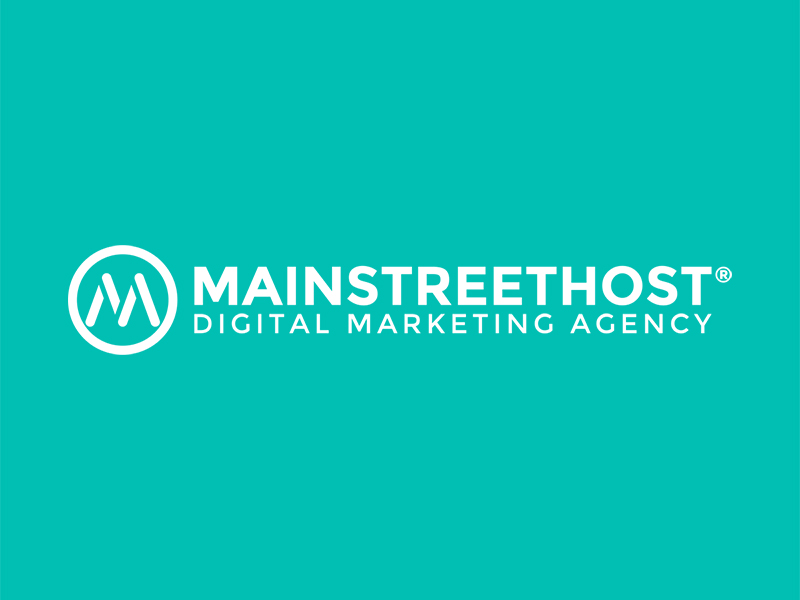The internet and the digital marketing industry are extremely fast paced. From new technologies and strategies to new social networks and best practices, many business owners and marketers have a hard time piecing it all together. Even when you think you have a firm grasp on things, are you putting your best foot forward? One of the leading causes of misguided or misleading marketing advice, in my opinion, is the lack of a goal oriented strategy.
Before diving into keyword research, competitive analysis and everything in between. Before developing on-site, off-site, social media and content marketing strategies, you need to ask yourself the following: what are my goals and who is my intended audience?
Whether you plan on hiring someone as an in-house SEO or are taking the agency route, defining your goals early is a must in my professional opinion and will help ensure a more dominant, successful internet presence.
What are my Business Goals?
As with traditional marketing, goals are a must when it comes to SEO/digital marketing. Are you looking to increase brand awareness? Do you want to sell products? Do you want to increase the number of form completions (lead generation) on your site? These are all questions you should ask and answer before diving into actionable tactics.
In-House SEO
As an in-house SEO, it is your responsibility to obtain the feedback necessary to identify potential goals. This feedback can come from direct management, executive level management, etc. (anyone that has a say in the business’ direction).
Agency SEO
If you are an SEO within an agency, the steps you need to take towards determining your clients’ goals may be different than those of an in-house SEO. When communication barriers exist, it is your job as the SEO to work around them and/or break them down. In the end, identifying business goals should be the least of your marketing concerns.
One of the major advantages in-house SEOs have over agency ended SEOs are the more personal levels of communication with the people that matter in my opinion/experience. No matter your role, you as the SEO should identify goals (short term and long term) early on and develop strategies that will help you reach them.
Who Is My Intended Audience?
Identifying your intended audience(s) early on in the SEO process is another must in my opinion. From highly targeted content to demographic influenced on-page elements, knowing who is going to be potentially influenced by your marketing efforts will help you develop and execute a more effective digital marketing campaign. Simple market research using tools like Google’s Doubleclick Ad Planner will give you a grasp on who your intended audience might be. Let’s say I am starting a business selling office supplies online. I might want to take a site such as www.officemax.com and plug it into Doubleclick Ad Planner. I will be presented with the following:
From here, I can identify what type of audience Office Max attracts. I now know that I will probably have the most success with content geared towards females between the ages of 45-54. I also know that their interests include office furniture, office supplies, printers, etc. This is awesome, useful data.
Other tools such as Sprout Social will give you a grasp on who your social audience is and how your content reaches them. Continuous, audience/demographic research will ensure that your content is of the highest quality throughout the duration of your digital marketing campaigns. The following is data from my personal Sprout Social account:
What this tells me is that I will have more success/higher engagement rates with males on Twitter and females on Facebook. Again, this is awesome, useful data.
Conclusion
Defining your goals and intended audience sounds pretty straightforward and most of the time it is. My point is that too often, it isn’t given the attention that it needs. Keep in mind that goals and audiences will not always remain constant and should be addressed on a campaign by campaign basis. Your goals and intended audience(s) should be revisited and reassessed from time to time and when necessary, adjust your marketing strategies to accurately reflect your findings.
Having a goal and knowing who you want to target is a must and should be the first step of the SEO process. Based on my professional experience, giving actionable advice and measuring campaign metrics/performance is much easier and effective with predefined goals in place.

